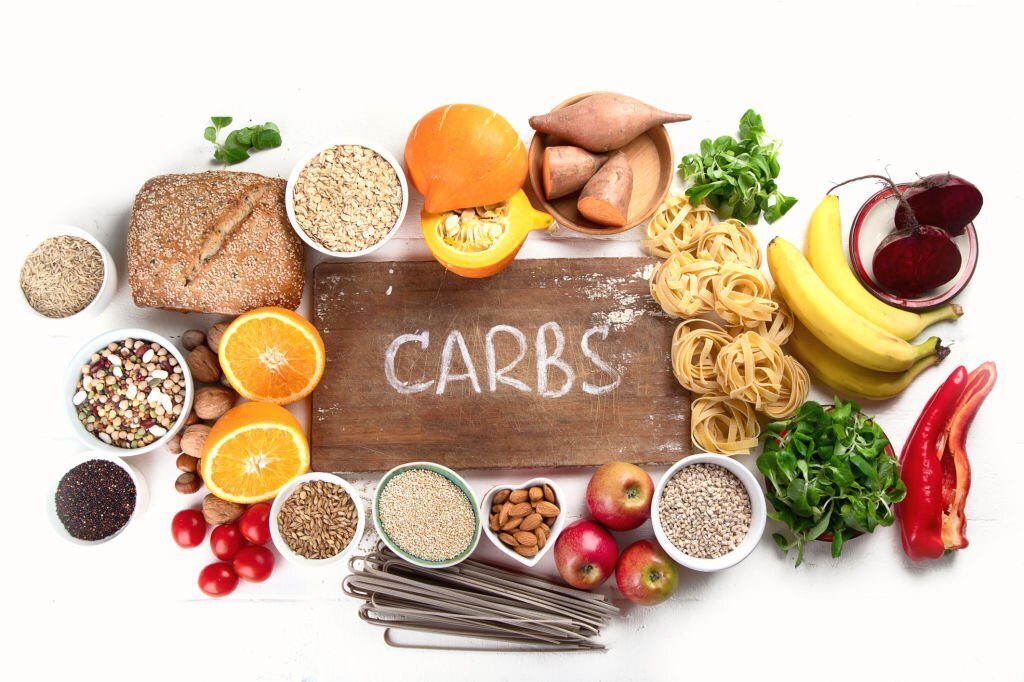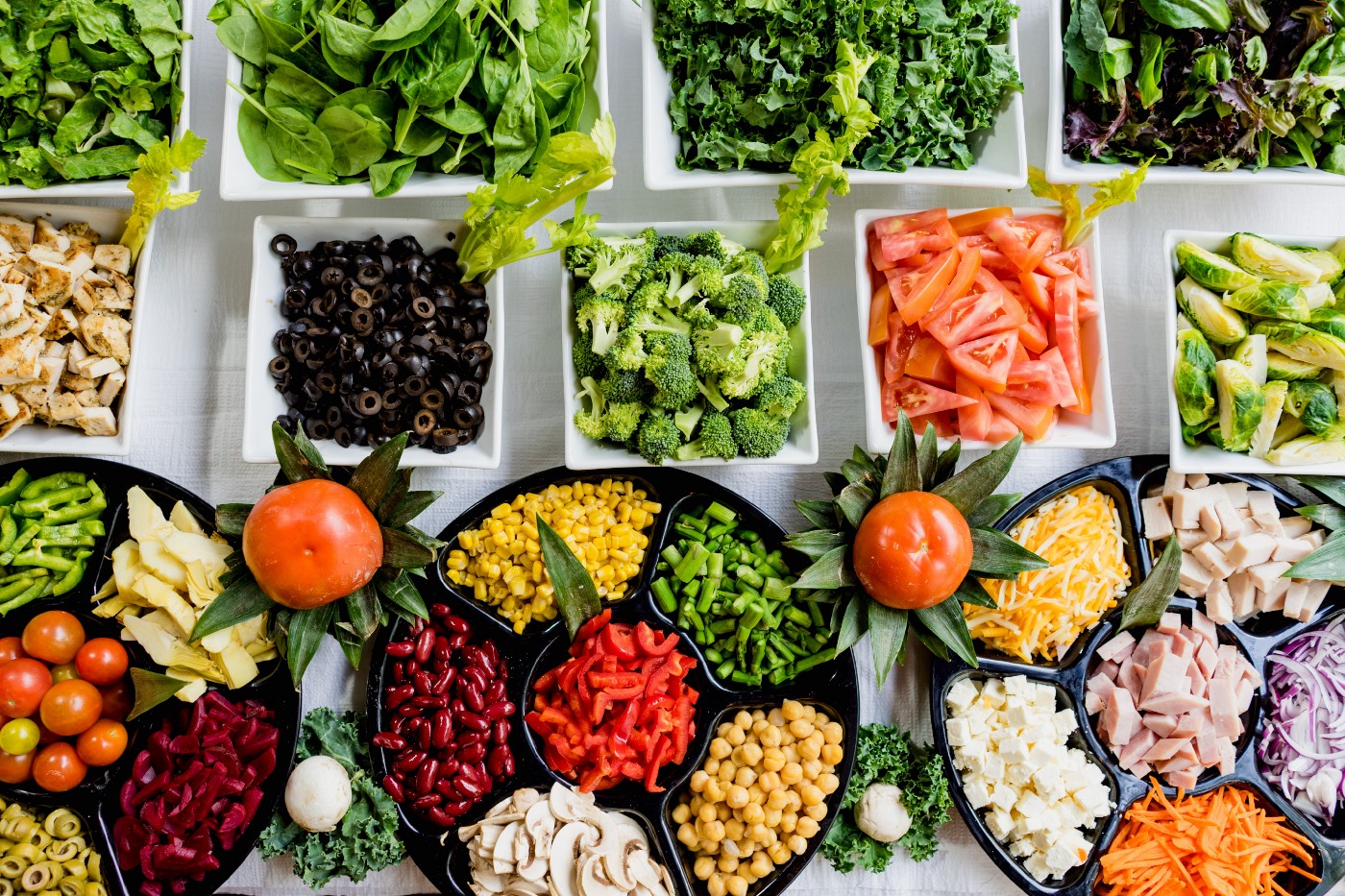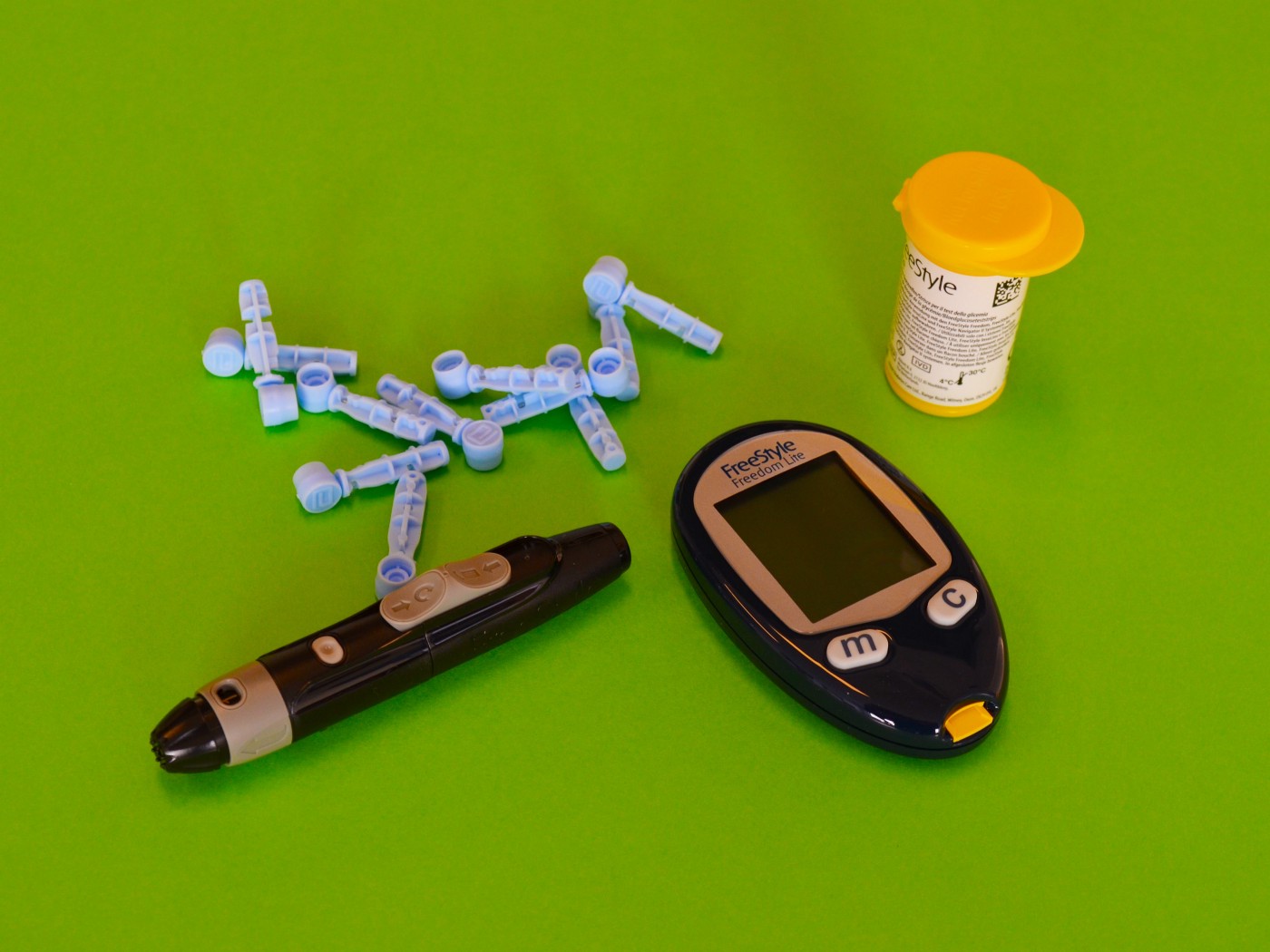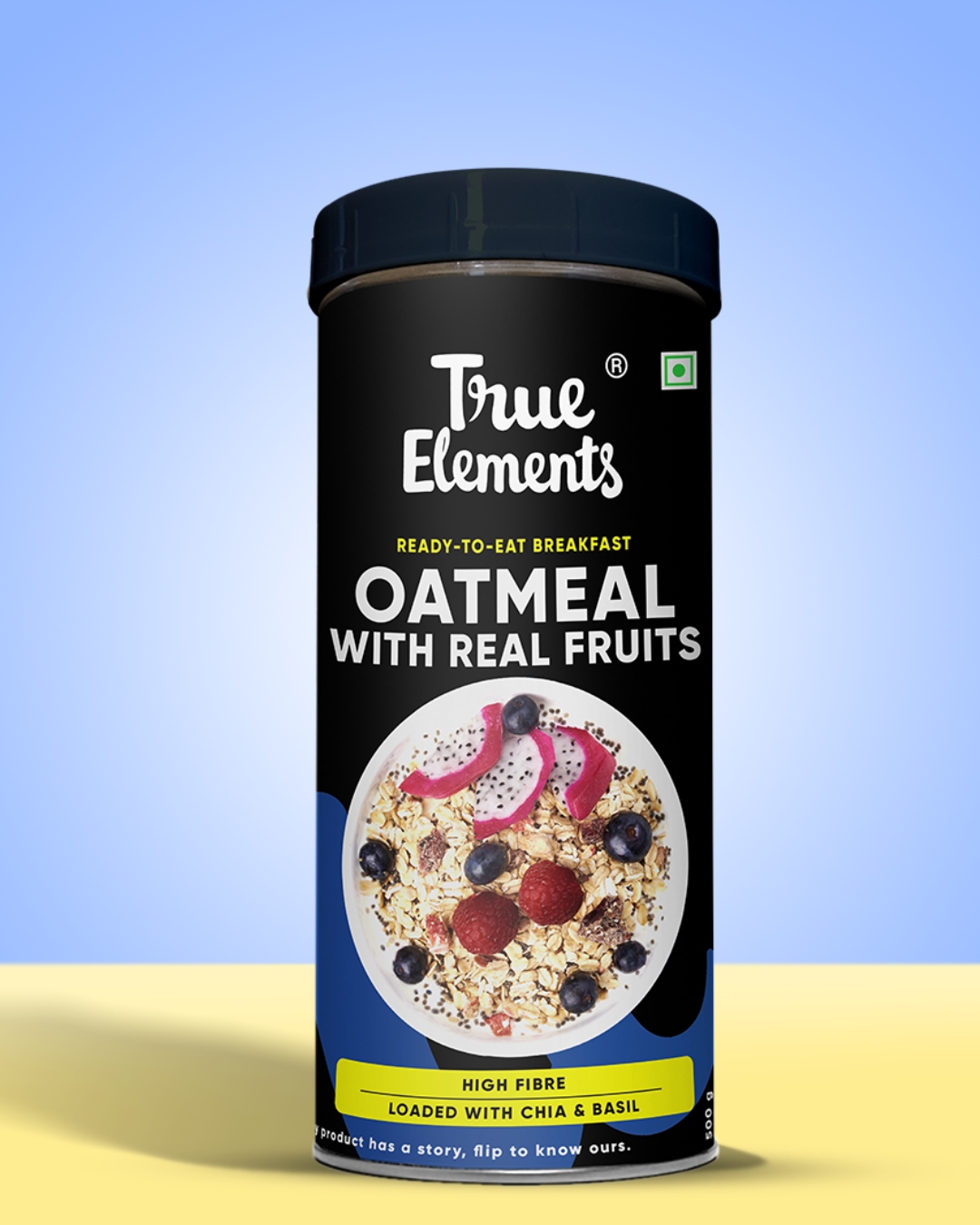Published Date January 24, 2003
Carbohydrate toxicity = Diabetes
By Naurin Ansari
5 min read
Last update date: January 24, 2003
Restricting carbs consumption can help lower your risk of hypoglycemia if you use diabetes drugs that increase the risk of the said condition.

A major macronutrient, carbohydrates, which form a large part of our staple can be toxic. Sounds crazy but it is a fact - consuming a lot of carbohydrates can lead to an increase in a person’s blood sugar levels. For those attempting to prevent diabetes or who are currently dealing with the disease, limiting the consumption of carbohydrates is critical.
However, eating enough carbohydrates or carbs remains a crucial component of a diet strategy for someone with diabetes.
To choose the healthiest foods for themselves, a person with diabetes should be aware of how their disease and carbs interact.
Not all carbohydrates are created equal; some foods that include carbs also contain other vital nutrients that, when consumed in the appropriate quantities, can be helpful to those who have diabetes.
After consuming food containing carbohydrates, a person's digestive system converts the digestible carbohydrates into sugar, which is then absorbed into the blood.
- The pancreas secretes insulin, a hormone that tells cells to take up blood sugar for fuel or storage when blood sugar levels rise.
- Blood sugar levels start to decrease as cells begin to absorb them.
- When this occurs, the pancreas begins producing glucagon, a hormone that instructs the liver to release sugar from its reserves.
- Insulin and glucagon interact to maintain a constant blood sugar level in all bodily tissues, particularly in the brain.
Type 2 diabetes occurs when the body is unable to effectively use insulin, a hormone that helps regulate blood sugar levels. This can be due to the body either not producing enough insulin or not utilizing insulin properly, which can affect how the body processes carbohydrates.
It is a chronic condition that develops gradually over time. It occurs when the body's cells have difficulty using insulin, which can lead to high blood sugar levels. As a result, the cells that produce insulin may eventually stop functioning properly.
Types of carbohydrates
Traditionally, carbohydrates are categorised as either "simple" or "complex" and are explained as follows:
Simple carbohydrates
They have sugars, which include fructose and glucose, having basic molecular structures made up of just one sugar (monosaccharides) or just two sugars (disaccharides). Because simple carbs have a straightforward chemical composition, the body can utilise them quickly and efficiently for energy. This might cause blood sugar levels to rise more quickly and the pancreas to secrete more insulin, which can have negative consequences on health.
Complex carbohydrates
These carbohydrates have more intricate chemical structures with links between three or more sugars (known as oligosaccharides and polysaccharides). Meals with complex carbohydrates are higher in fibre, vitamins, and minerals, and because they take longer to digest, they have a less immediate effect on blood sugar levels causing them to rise gradually. However, some so-called complex carbohydrate foods like white bread and potatoes are primarily made of starch and contain little fibre or other healthy ingredients.
However, the impact of carbs on blood sugar and chronic diseases is not taken into account when dividing carbohydrates into simple and complicated forms. The glycemic index was created to describe how various carbohydrate-rich foods directly affect blood sugar levels. It is thought to be a more accurate approach to classify carbs, especially starchy foods.
On a scale from 0 to 100, the glycemic index assigns a score to carbohydrates based on how rapidly and significantly they increase blood sugar levels after eating. White bread is one example of a food with a high glycemic index that digests quickly and causes significant blood sugar changes. Low glycemic index foods, such as whole oats, take longer to digest and cause a more gradual rise in blood sugar.
How do carbohydrates affect people having type 1 diabetes?
Glucose is created from all carbohydrate sources. In people without diabetes, the body automatically creates insulin to deal with the glucose that is brought into the bloodstream by foods and beverages.
The same idea holds true with Type 1 diabetes, but because the body is unable to produce any insulin, insulin must be ingested externally, either through injections or a pump. This will assist in lowering blood glucose levels after consuming foods high in carbohydrates.
How do carbohydrates affect people having type 2 diabetes?
Most people affected by type II diabetes are also obese or overweight. A calorie deficit diet would be immensely critical for such people. One can achieve this by adopting a low-carb diet or just cutting back on the carbs they are consuming. Low-carb diets have been successfully used by people to reduce weight, control their diabetes, and lower their blood pressure, cholesterol, and HbA1c levels. Restricting carbs consumption can help lower your risk of hypoglycemia if you use diabetes drugs that increase the risk of the said condition.
How much carbohydrates are good for a diabetic to consume daily?
The Centers for Disease Control and Prevention (CDC) recommends that people with diabetes must strive to consume roughly 50% of their calories from carbohydrates.
So, 800-900 of the 1,800 calories needed per day to maintain a healthy weight should come from carbohydrates. This translates to roughly 200–225 grams of carbohydrates per day, according to the CDC.
Although, according to the ADA, non-starchy, whole vegetables should be a person's primary source of carbohydrates. People should consume these carbs which go through little processing. These may consist of:
- Fruits
- Grains
- Beans
- Fibrous veggies
Takeaway
The major macronutrient, carbohydrates can be toxic and can lead to diabetes. People should consume around 50% of their diet through carbohydrates and should avoid foods (as much as they can) with refined sugars like candies, sodas and juices.
Reference
- https://www.hsph.harvard.edu/nutritionsource/carbohydrates/carbohydrates-and-blood-sugar/#:~:text=When%20people%20eat%20a%20food,sugar%20for%20energy%20or%20storage.
- https://www.diabetes.org.uk/guide-to-diabetes/enjoy-food/carbohydrates-and-diabetes
- https://www.medicalnewstoday.com/articles/carbs-and-diabetes
- https://www.ncbi.nlm.nih.gov/pmc/articles/PMC6265656/#:~:text=Administration%20of%20glucose%2Dcontaining%20carbohydrates,uptake%20by%20numerous%20cell%20types.
- https://www.ncbi.nlm.nih.gov/pmc/articles/PMC8537173/
Keep reading

Dates and diabetes
By Hetvi Shah

Nutrition for Type 2 Diabetes Mellitus
All about carbohydrate, high fibre, protein and diabetes.
By Arpita Sudev

Type 2 Diabetes mellitus: Symptoms & Prevention
All about Dehydration, glucose and diabetes.
By Arpita Sudev

What is Diabetes Mellitus and what are its primary causes?
All about blood sugar, fatty acids and diabetes.
By Arpita Sudev
Related Items
Choose Healthy With Us.
Know the real truth about your food. Stay informed and healthy, for free.

Download the App Now
Certified nutritionists trust our food recommendations. Safe to say, so can you :)



















